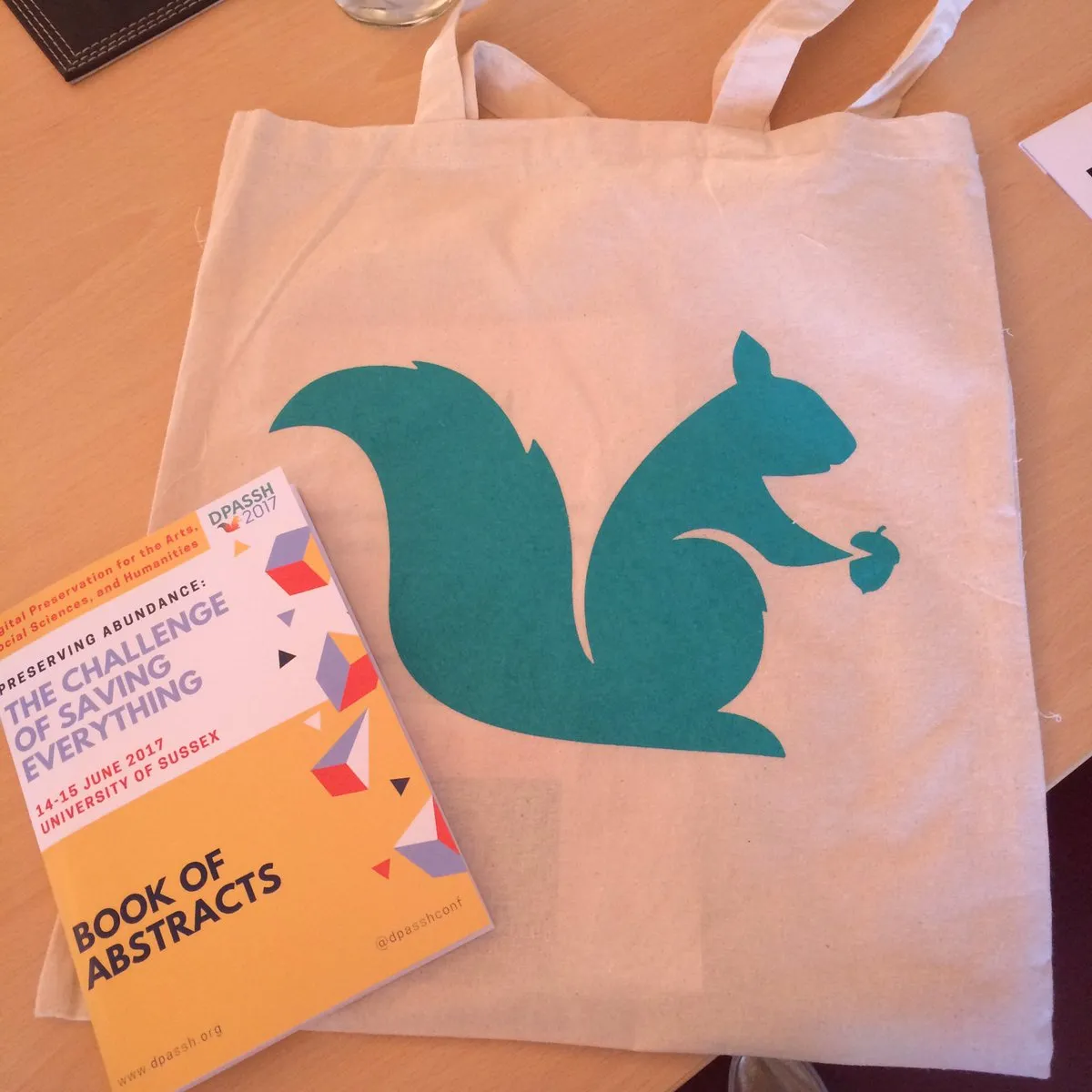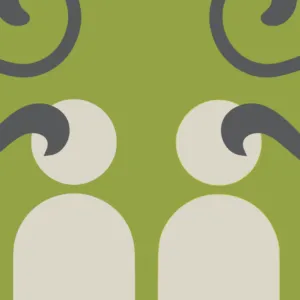The Sussex Humanities Lab (SHL) and the Digital Repository of Ireland (DRI) hosted the second ‘Digital Preservation for Arts, Social Sciences and Humanities’ conference (DPASSH 2017) at the University of Sussex, Brighton, 14-15 June 2017. The theme was Preserving Abundance: The Challenge of Saving Everything
The Sussex Humanities Lab (SHL) and the Digital Repository of Ireland (DRI) hosted the second ‘Digital Preservation for Arts, Social Sciences and Humanities’ conference (DPASSH 2017) at the University of Sussex, Brighton, 14-15 June 2017. The theme was Preserving Abundance: The Challenge of Saving Everything.
Representatives from the spheres of digital preservation, digital humanities, software development, archiving, library studies and many other information professionals participated in a stimulating and engaging set of paper presentations and panel discussions. Lizzy Jongma, Senior ICT project manager for the Network of Dutch War Resources, gave a keynote talk entitled ‘“You’ve done it all; you’ve broken every code”: Changing digital repositories into research spaces for the arts, social sciences and humanities.’ In her talk, Lizzy emphasised the special role of cultural heritage in the wider area of digital preservation, and the importance of valuing digital cultural heritage in its own right, and not just for economic benefit.
The opening morning also featured a review of 30 years of digital preservation work by Kings’ College London Digital Lab. That afternoon, the session ‘Beyond the object-based archive’ looked at preservation work done on collections in the University of Victoria and National University of Ireland, Galway, as well as research into social media archiving by the Digital Preservation Coalition. An afternoon panel ‘Libraries and Publishers: Challenges and opportunities in providing and sustaining access to large quantities of digital data/collections’ looked at significant large-scale collections in a variety of formats, including the British Library Sound & Vision Archive, and the UK Mass Observation Project.
Day 2 began with a panel ‘Exploring the public value of Europeana’, followed by a series of short papers on Tools and Perspectives. One of these was the paper that eventually won the Digital Preservation Coalition Award for Best Paper, presented by Natalie Harrower of the DRI – ‘Artivity: a tool to collect contextual research data for art practice’ presented by Athanasios Velios (University of the Arts London). Thursday afternoon featured a session on preservation of digital art, while a more technically-minded session looked at preservation infrastructure and data modelling. The closing panel addressed the question of the conference theme – namely, in digital preservation, do we have to save everything? Panellists agreed that intelligent appraisal of collections is an essential component of any successful digital preservation strategy.
The conference closed with the Digital Preservation Coalition awards for Best Paper and Best Tweet (won by Sarah Mason @spunkybrite) and a recognition of the winners of the DAH Scholarships. Conference Chair Dr Sharon Webb of the University Sussex thanked all the participants and reflected on the wide range of subjects covered in the two days.







